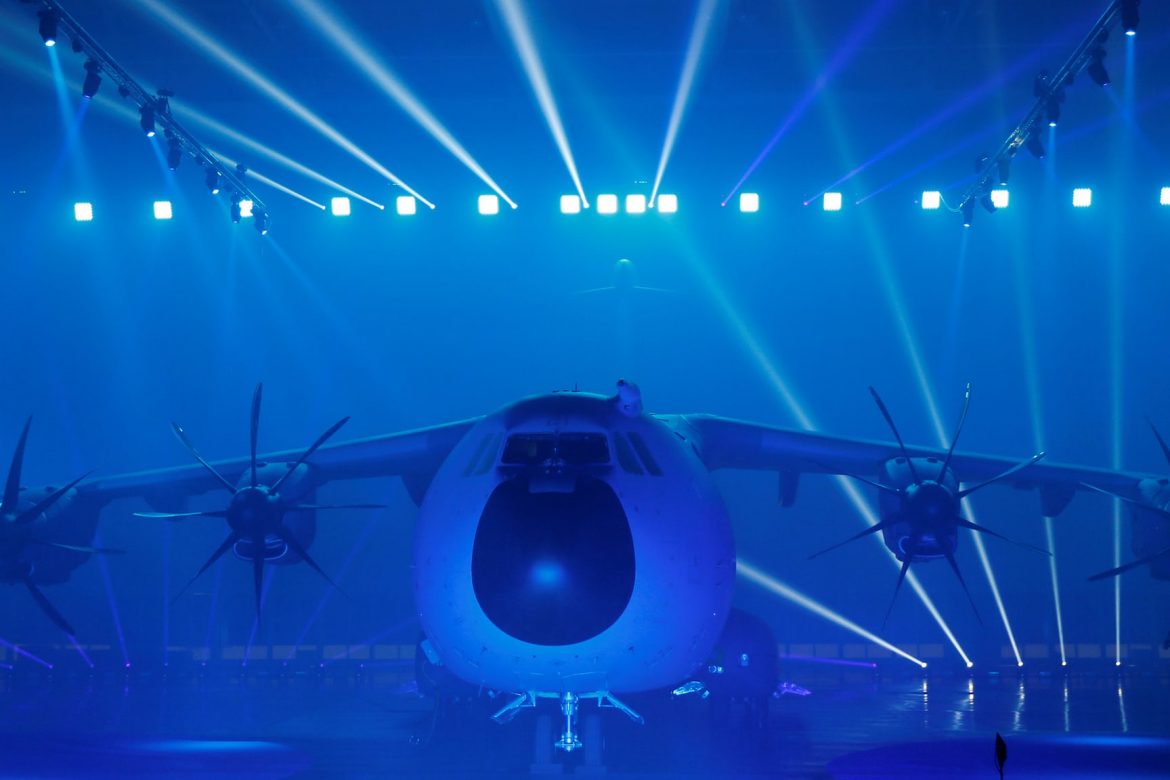This material belongs to: The Guardian.
Exclusive: Already facing bribery allegations, group looks into transactions that led to unexplained €16m payment.
Airbus, Europe’s largest aerospace multinational, has launched an internal investigation into possible corruption after the Guardian uncovered a series of questionable financial transactions resulting in an unexplained payment.
Hundreds of pages of leaked bank records, internal memos and financial statements reveal that two companies secretly controlled by the aviation giant engaged in transactions involving €19m (£16.7m), a large part of which was then routed to a mysterious company via a tax haven.
Approached for an explanation, Airbus was unable to say who had received the money, or why its control of the two companies was concealed.
The multinational, which employs 15,000 people at factories in the UK, said, however, that it was determined to investigate “historic business practices” and uncover any “improper practices to ensure that they can never happen again”.
The company is already facing corruption investigations in various jurisdictions, including the UK.
The Serious Fraud Office announced last year that it had started investigating allegations that the firm had lied about its use of middlemen in order to secure financial backing from the British government. A source close to Airbus said the €19m transaction is unrelated to any of the existing law enforcement inquiries.
The internal investigation was launched after the Guardian asked Airbus if the transactions could constitute money-laundering. One of the firms that knew about the transactions has said it had developed “reasonable suspicions” about them and had asked a court to investigate.
The scheme hinges on an unexplained purchase of shares between two purportedly independent companies in 2007. Eolia, a Maltese company in the business of retrofitting passenger jets to transport cargo, bought 26% of Avinco Holdings, a Dutch company that sells sells secondhand aircraft and helicopters. Both companies present themselves to the world as independent entities. Neither company’s website mentions any significant external support or backing from other firms.
In reality, however, both companies were secretly under Airbus’s effective control.
Lawyers for Eolia did not dispute that the firm had operated with secret backing. “Airbus had good, and indeed legitimate, commercial reason to protect its involvement in Eolia,” it aid, but that the reasons were confidential.
Avinco Holdings was set up in 2000, principally financed by a UAE businessman, who held 14,999 Avinco shares through a holding company. Airbus owned just one share through a shell company called Yellow Sun Holdings in the tax haven of Curaçao, in the Caribbean.
A secret agreement, however, granted Airbus the right to buy the UAE businessman out at any time, effectively seizing control of the company. In exchange, the businessman received a generous annual dividend equivalent to 20% of his total investment.
According to bank documents, Eolia transferred €19.4m to the businessman’s holding company on 4 January 2007, with the transfer marked “share purchase Avinco”.
Eight days later, the holding company paid €16.2m to the bank account of a Panamanian company called Rochade Consultancy, and on the same day Rochade paid an identical sum to yet another company, Malana Holding. It is unclear who owns Malana, or where it is incorporated.
The €16.2m transaction then appears to have been accounted for unusually. The businessman’s holding company records the payment to Rochade as an “interim dividend” in internal financial documents. It is not clear why Rochade, which is not a shareholder in the holding company, would be entitled to any dividend.
Airbus said: “As part of our ongoing compliance upgrade and investigation into historic business practices within the company, Airbus is determined to uncover any non-compliance and improper practices to ensure that they can never happen again.”
“Airbus cannot comment on the specific issues raised since other parties involved are in legal dispute over ownership and have their own commercial agendas at play. However, Airbus is investigating the situation thoroughly and none of the individuals referenced currently work for the company.”
“If non-compliance is identified, the company will take all actions necessary to root it out, inform the relevant authorities and ensure those responsible are held accountable.”
Lawyers for Eolia said it had not decided the price paid for Avinco Holdings, but rather that it was “established by Airbus and funded by a loan guaranteed by Airbus”.
They said the proposed price was “justified having regard to the potential commercial benefits indicated by Airbus”. They also said Eolia had suspicions “about the conduct of third parties in relation to the share purchase”. It was “those reasonable suspicions” which it had asked a Dutch court to investigate as part of a legal case it had initiated against Avinco Holdings.
They denied Eolia had been involved in money-laundering and said that until recently the firm had no knowledge of the €16.2m payment.
Neither the UAE businessman nor Avinco responded to requests for comment.
Airbus receives huge financial support from the British, French and German governments to help exports. The British support amounted to £497m in 2015-16.
Until 2012, around 80% of all financial support issued to exporters by the British government was given to Airbus, which has factories in Filton near Bristol and Broughton in North Wales.
All support was temporarily suspended in 2016 when the SFO started investigating “irregularities” involving its use of middlemen to secure contracts overseas. France opened an investigation this year.
Airbus has for the past few years been quietly terminating the operations of a little-known internal division called the Sales and Marketing Organisation, which spent years developing an international network of consultants to help the company secure high-value overseas contracts. The company’s chief executive, Tom Enders, who arrived in the job in 2012, has pushed for the dissolution of the division, which he reportedly referred to as “bullshit castle”.


